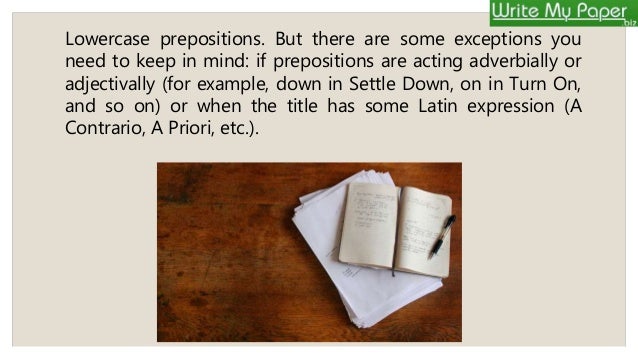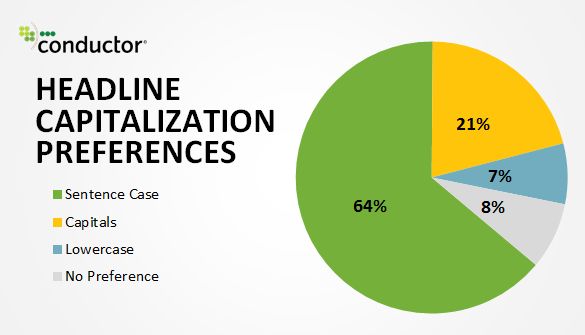

The small words we are referring to in this case essentially include articles, conjunctions, and prepositions, which should not be capitalized (again, unless they are the first word of a title). After all, many nouns and verbs are small (e.g., dog, go), but these words must still be capitalized. Though it is sometimes said that small words in a title do not require capitalization, let's be a bit more specific. Articles, conjunctions, and prepositions should not be capitalized. Because they are nouns and adjectives, these words should be capitalized. Here, both Man and Sea are nouns, while Old is an adjective that modifies Man. The is capitalized because it is the first word in the title. In this example, both Grapes and Wrath are nouns, so they should be capitalized. So, yes, even if the first word of the title is not a noun, pronoun, verb, adjective, or adverb, it must be capitalized.Īs long as you know your parts of speech, you should have no problem identifying the words that require capitalization. In addition, all major style guides indicate that the first word of the title should be capitalized regardless of the word's role as a part of speech. Though the word major may seem a little bit vague, this essentially refers to all nouns, pronouns, verbs, adjectives, and adverbs. Let's go back to that rule about major words that we referred to earlier. Always capitalize the first word as well as all nouns, pronouns, verbs, adjectives, and adverbs. Using helpful examples, it explains all kinds of capitalization rules from book titles to job titles and more.
#Headline capitalization download
If you're curious to learn more, download our guide to capitalization rules. However, we'll also offer some resources at the end of this article that discuss some of the variations in title case, based on the rules of other style guides.
#Headline capitalization manual
Here, we'll be describing the rules for writing in title case, as outlined in The Chicago Manual of Style, which is a very common style guide. Title case is used for titles, headings, subheadings, and headlines. But what constitutes a major word? All of the words in a title are major, right? Well, not quite.Īlthough capitalizing your title correctly can be difficult, there are several concrete rules that you can rely on when it comes to capitalization in titles. The advice that is commonly given in terms of capitalization in titles is very vague, and rules vary based on the style guide being used.Ī common rule that is thrown around is to capitalize all major words in a title. And you are left with “What to Capitalize in a Title? (Bloggers, Writers).Confused about what to capitalize in a title?ĭo you ever encounter titles in which every word is capitalized? It's understandable why some authors and publications do this. Once you paste it into the convert case tool, it automatically formats it in the correct way.

Whether you are copying a title with all CAPS from someone else, or you can’t remember what you should capitalize, this tool automates it for you.įor example, I took the title of this blog, originally “What To Capitalize In A Title? (Bloggers, Writers).” Notice how I had everything capitalized, because I didn’t know which ones I should change. I just have our convert case tool bookmarked now that does everything I need. The great thing is you don’t need to remember! I know I sure don’t. This includes things like brand names, the names of places, etc. Capitalize the first word after an em dash, colon, or end of a punctuation in a heading.Capitalize the first word of a subtitle.Capitalize the first word of the title or heading.In this case, here are some of the standard rules to follow:

You might also prefer writing in sentence case as we do on this blog.

A lot of us copy/paste things all day long (from headlines to sources) from different places and tools.


 0 kommentar(er)
0 kommentar(er)
